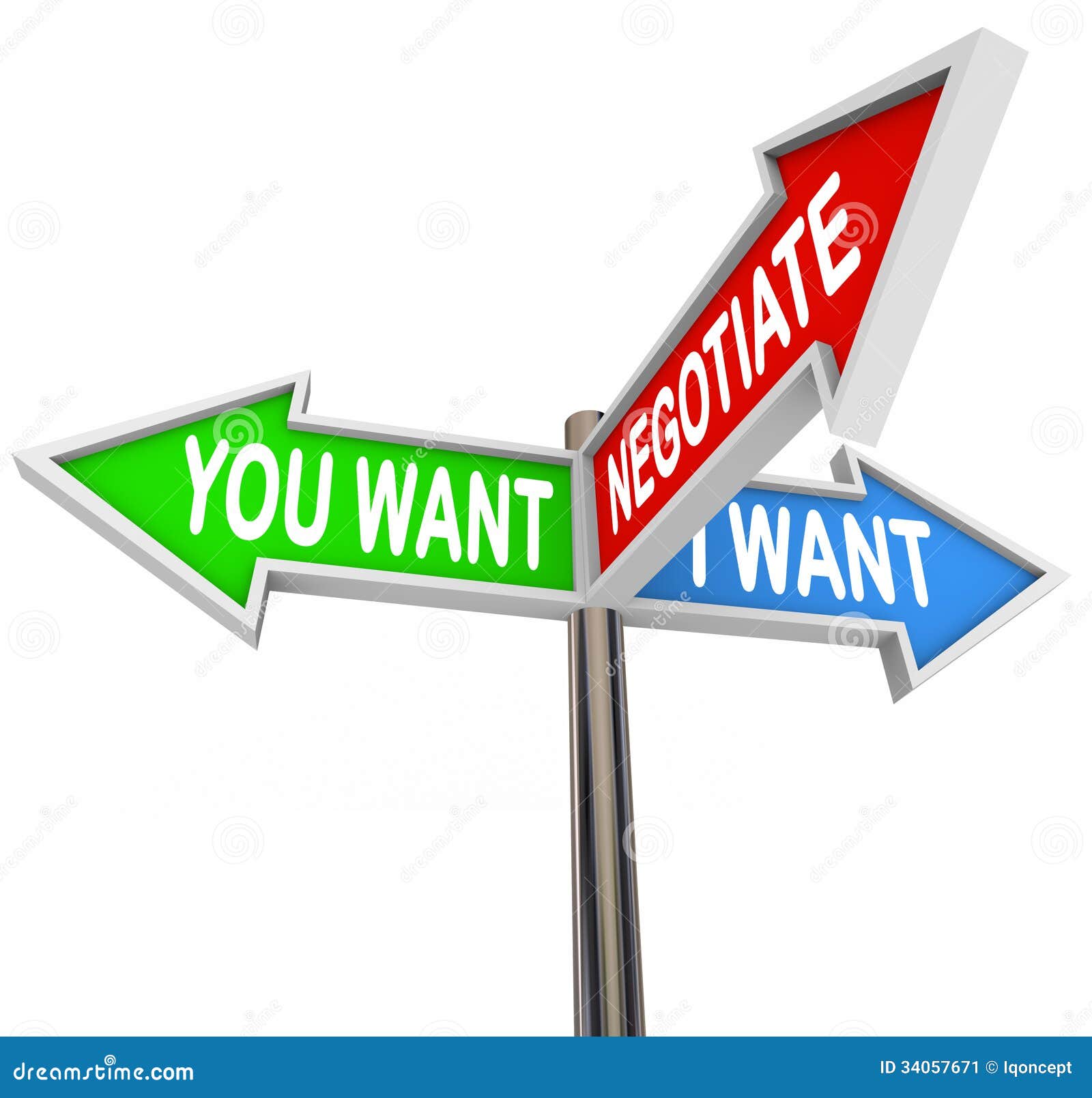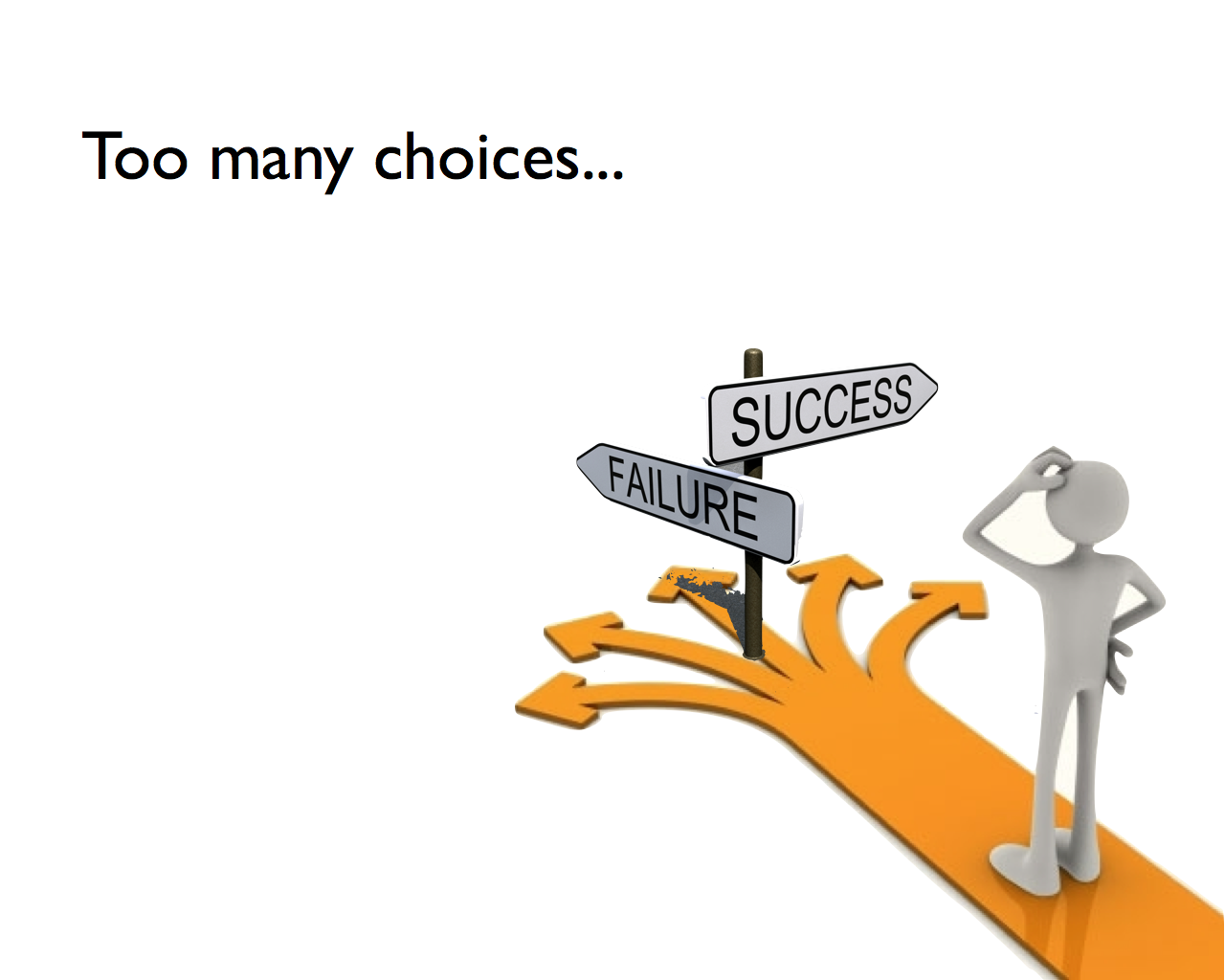Family Investment Center recently introduced our new logo and website. Our new website includes much more than the basics, including dozens of useful financial calculators and interesting articles, as well as an area for our very own blog. With the ability to now post directly to our website blog, we will no longer be utilizing this blog page for our newest posts. In honor of our transition, we would like to make our final post on this blog page devoted to change.
First, let’s do an exercise with a pen and piece of paper. Write down the words and phrases that come to mind when you ponder “change”. What thoughts and feeling arise? Take a few minutes to complete this exercise, and allow yourself to write down everything that comes to mind, staying focused on what “change” means to you.
Now, set your pen down and look at your paper. Would you describe the words and phrases you wrote as positive overall or negative overall?
Quite often, many people have a negative perspective regarding change. Some might believe “the familiar” is comfortable and secure, while “change” is scary and uncertain. Sticking with what we know gives us the perception of balance and control, and sometimes might seem like the easier option. If we don’t change, we can remain in a pattern and we don’t have to face challenges or difficulties.
But what does change really mean? According to Dictionary.com, one of the definitions of change is “A transformation or modification; alteration (noun).” Notice this definition does not include a positive or negative connotation. Therefore, change can be perceived however we choose, and change doesn’t have to be feared.

Instead, with the right mindset, change could be seen as positive. Sure, change can be uncertain, but facing the unknown increases knowledge and experience. Change can bring challenge, but with challenge comes growth and opportunity. Change can make things seem out of control – but are we truly in control if we are not exercising our right to be different or choose differently?
In fact, lack of change can actually have many negative connotations as well. How enticing does “staying the same” or “stuck in a routine” sound? What would you have written down if we had performed the same exercise for the words uniformity, monotony, or stagnant - all of which are opposite of change?
As the famous Mahatma Ghandi quote reads, “Be the change that you wish to see in the world.” If you want to view change as a positive, positive outcomes will be all around you. If you choose to see change as a negative, then you can stay in your “same old routine” and everything around you will stay the same as well.
The amount of effort and work behind implementing the new Family Investment Center logo and website changes was great, and it was indeed challenging. Weeks were spent making decisions regarding color schemes, wording, and editing. But as you can see by visiting our new, colorful and useful website and by checking out our new blog area, this change has been well worth it. We hope you will embrace this change with us, and consider embracing changes in your life as well.










